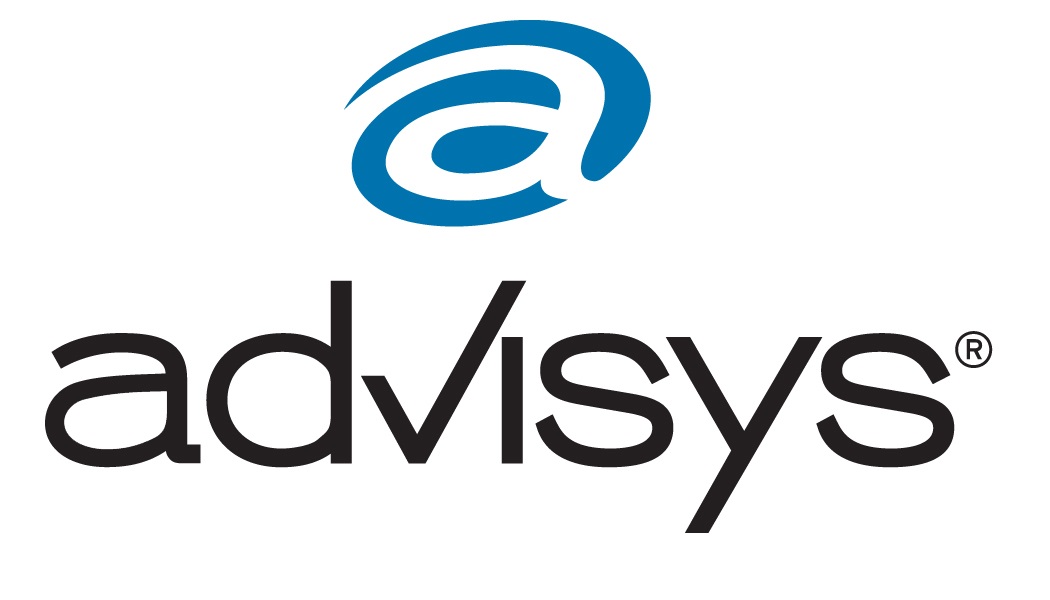Review your estate planning checklist
This handy estate planning checklist form can provide thought-starters for tasks involved with planning your estate.
Do you need to plan your estate? If you already have an estate plan, when was the last review?
| Item | Yes | No | Last Review |
|---|---|---|---|
| Will - Do you have will? A will is a key estate document. | |||
| Revocable trust – Do you have or need a revocable trust? A revocable (or "living") trust can be used as a will substitute. | |||
| Irrevocable trust – Is an irrevocable trust needed to pay estate taxes (federal and/or state) and other settlement expenses? | |||
| How are assets owned? – Are assets appropriately "titled"to meet all estate planning goals? | |||
| Beneficiary designations – Are beneficiary designations current for life insurance, 401(k)s, IRAs, and other assets? | |||
Estate settlement costs
|
|||
| Estate taxes – Has estate tax planning been done? Under federal law, net estates of less than $13,990,000 (2025) are exempt from estate tax. State law may differ. | |||
Providing for survivors
|
|||
If you cannot act for yourself – Do you have :
|
|||
| Is there a letter of instructions? – A private, informal way of guiding your family or executor in settling your estate. | |||
| Do you wish to leave an "ethical will?" – An ethical will is a spiritual legacy to future generations. |
Seek professional guidance
The guidance of a trained, experienced attorney is considered essential in the development of a successful estate plan. Professionals from other disciplines such as income tax, life insurance, trust administration, charitable giving and investment management may also be part of your estate planning "team."




